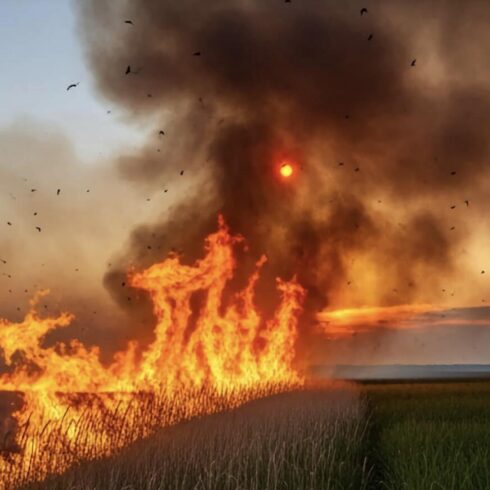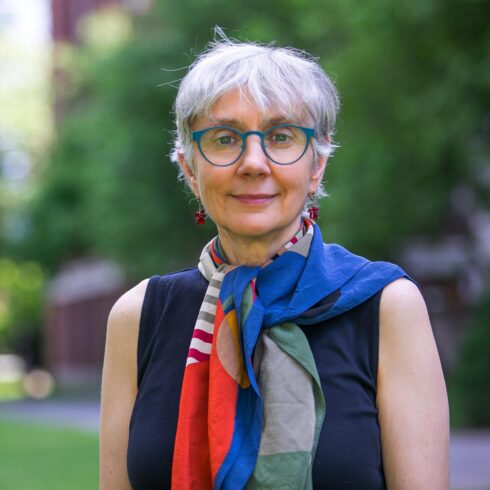Environmental Lab Competition
May 20, 2014
Join the 2014 Lab Environmental Competition!
The FAS Green Program is excited to launch the first-ever Harvard-wide Lab Environmental Competition! From May 26th-June 20th, labs from across Harvard will compete for four weeks to save energy and reduce waste in their labs by donating unwanted equipment, cleaning out freezers, and participating in surveys and contests. At the end of the competition, the lab with the most points will win a one-of-a-kind trophy, and the department with the most participating labs will win a breakfast party! Sign up your lab for the competition today and help EPS win! Learn more at green.harvard.edu/2014LEC.



